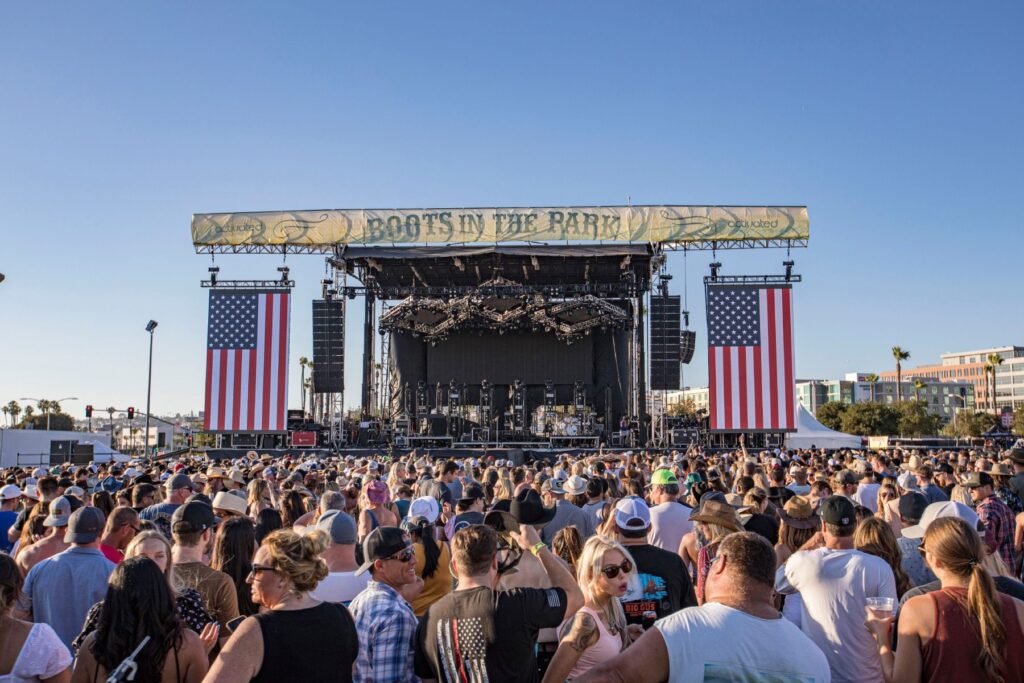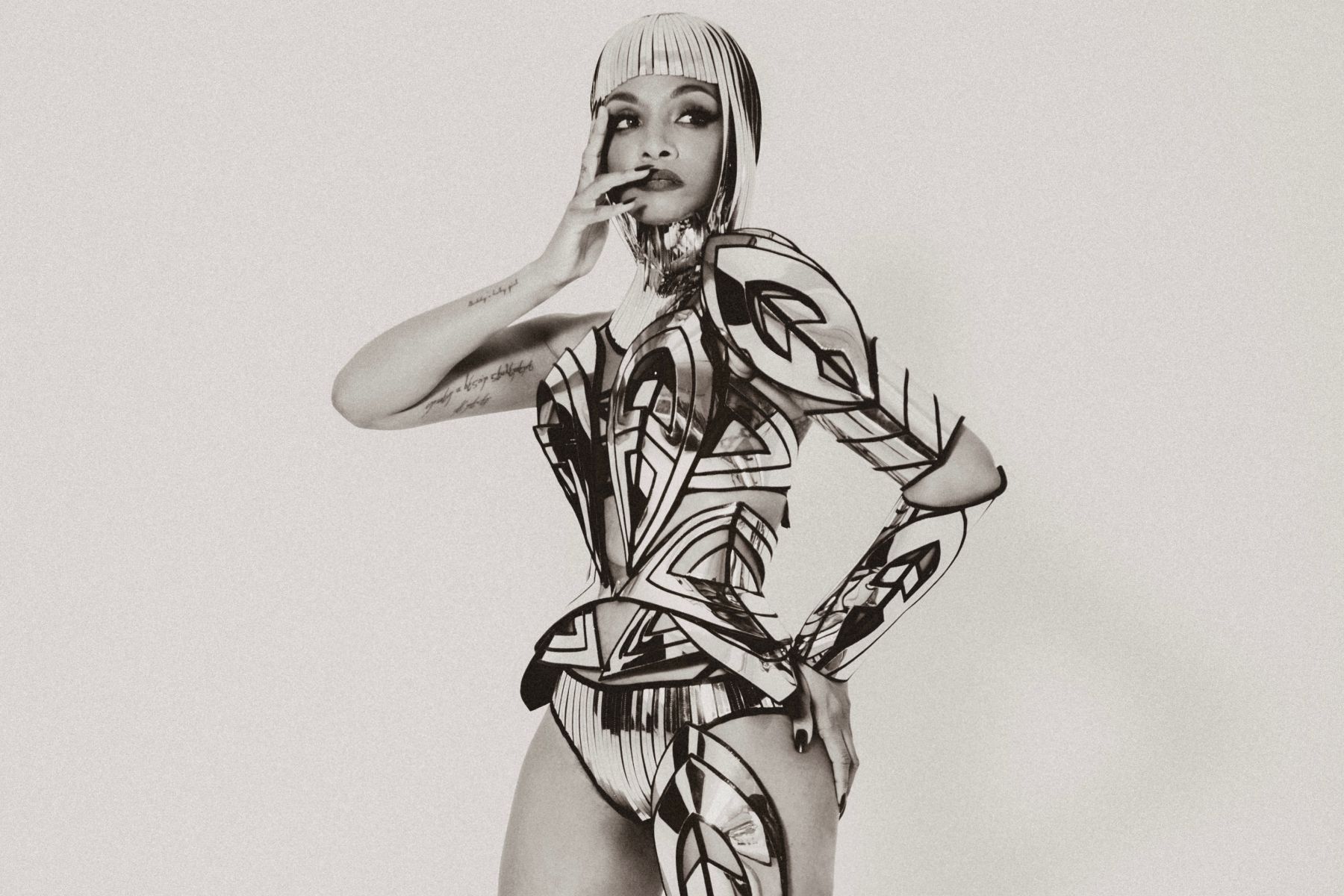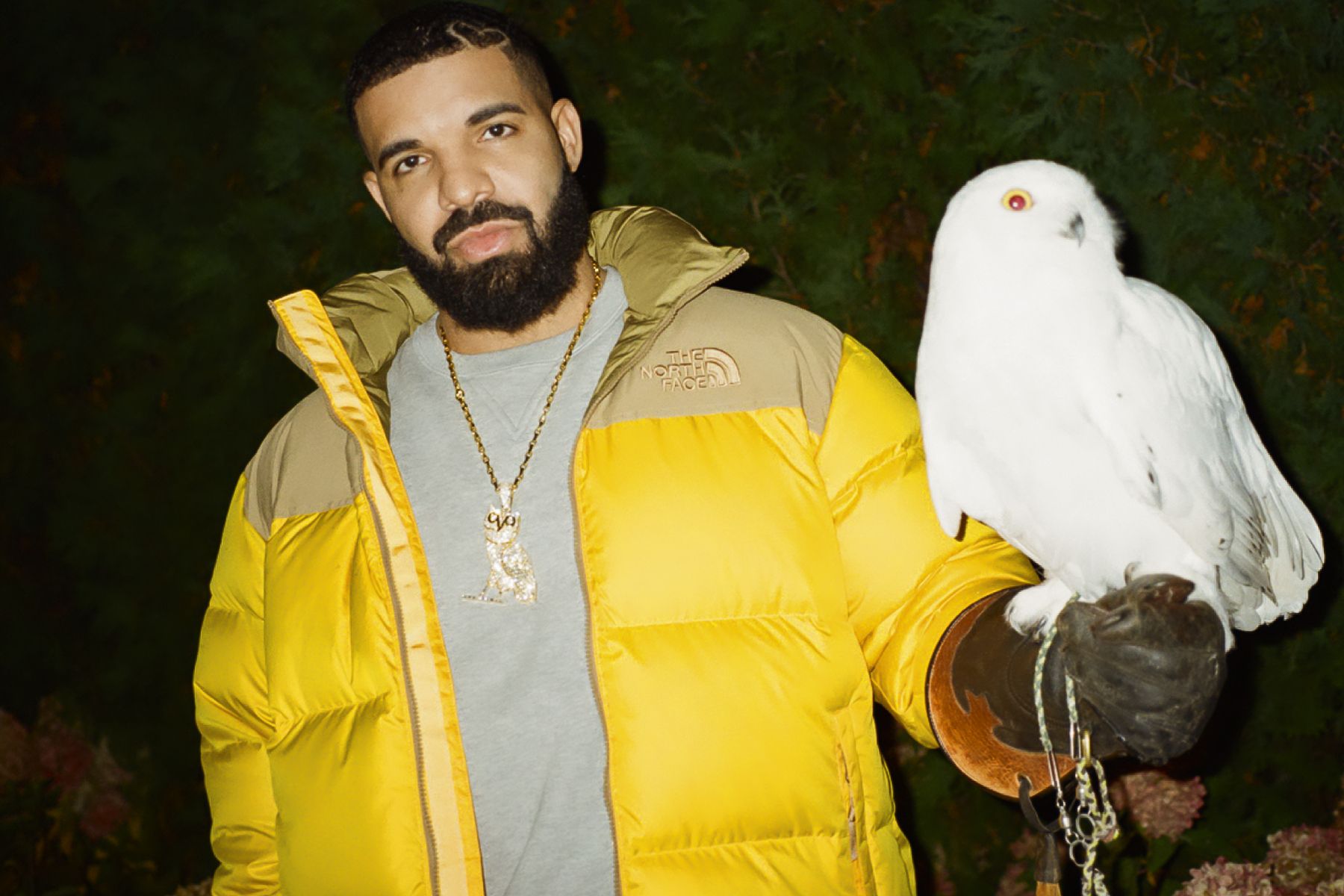
As Omicron Surges, Tour Managers Are Finding Themselves in an Unfamiliar Role: Covid Protocol Enforcer
Since 2014, tour manager Tommy Garris has been keeping the country band Old Dominion on the road. But in all his time of ensuring that flights are made, hotels are booked, and shows go off without a hitch, he’s never experienced anything as daunting as the last two years of the pandemic.
And he’s concerned about the new touring season that is to come.
“It has been the most stressful part of my job that has ever existed,” Garris tells Rolling Stone. “It’s like the old Mike Tyson saying: ‘Everybody’s got a plan until they get punched in the mouth.’ I know I’m going to get punched in the mouth again and I think a lot of tours are too.”
Despite so many major tours launching or resuming this month in the midst of the Omicron surge — from the War on Drugs and Eric Church to Elton John and Kacey Musgraves — Garris says it’s decidedly not business as usual. “I believe we’re all doing what we have to do,” he says, “otherwise the industry dies.”
Before the Grammy-nominated Old Dominion returns to the road with their own tour later this month, we asked Garris to detail the challenges for tour managers — and the artists they oversee — during a third year of playing live music in Covid.
We’re gearing up for a couple of shows in about three weeks and I was just reading over CDC guidelines to see what had changed. Everybody has had to take on a responsibility that we didn’t know was ours. A lot of tour managers have become their own Covid compliance officer. You’re writing Covid protocols that maybe lawyers should be writing because there’s a liability side to them. It’s basically a Covid rider. Today, “No green M&Ms” has equated to “Everyone wears a mask.”
Right now, everyone is grabbing as much information as they can from as many different options that are available — from the CDC to other artists on the road — and trying to figure out how that fits into your specific tour. We have a backstage vaccine mandate on our arena tour, but last year we were on a fairs and festivals tour. On an arena tour, you’re paying for everything so you can make rules that everyone has to adhere to or face the consequences. When you’re in fair and festival season, you can play, say, Chicago and get everything you asked for, if you’re a pro-testing, pro-vaccine tour. But then you can play in some other state that doesn’t quite have that same belief system and you’re not going to be able to force some things within your touring guidelines. So every tour has to be a little bit different and adapt by situation.
I think there are going to be tours and artists who are going to face a lot of moral and social dilemmas in just trying to do the right thing by everyone. There’s no way to predict an outbreak, but you do have to pay attention to [case numbers] and know when [infection] chances are greater. That’s where you adjust and work with promoters and try to do the best that you can with what you’re given. That’s the situation that we’re all in.
Nobody is out there saying, “Man, I don’t care if a bunch of people die; I just want them to come to my show.” There’s not an artist out there that has that mentality. We’re just like everybody else and trying to work and take care of our crews. If our crews aren’t working for us, they’re going to find something else. And just like in any other industry, when you take away the veterans and the experts in that industry, the industry suffers.
But all of us are willing to take on the responsibility. Every tour, every tour manager, every artist just has to try to do the right thing — something that’s going to not only benefit you, but benefit the fans that are coming to see you and try to keep everyone safe.




